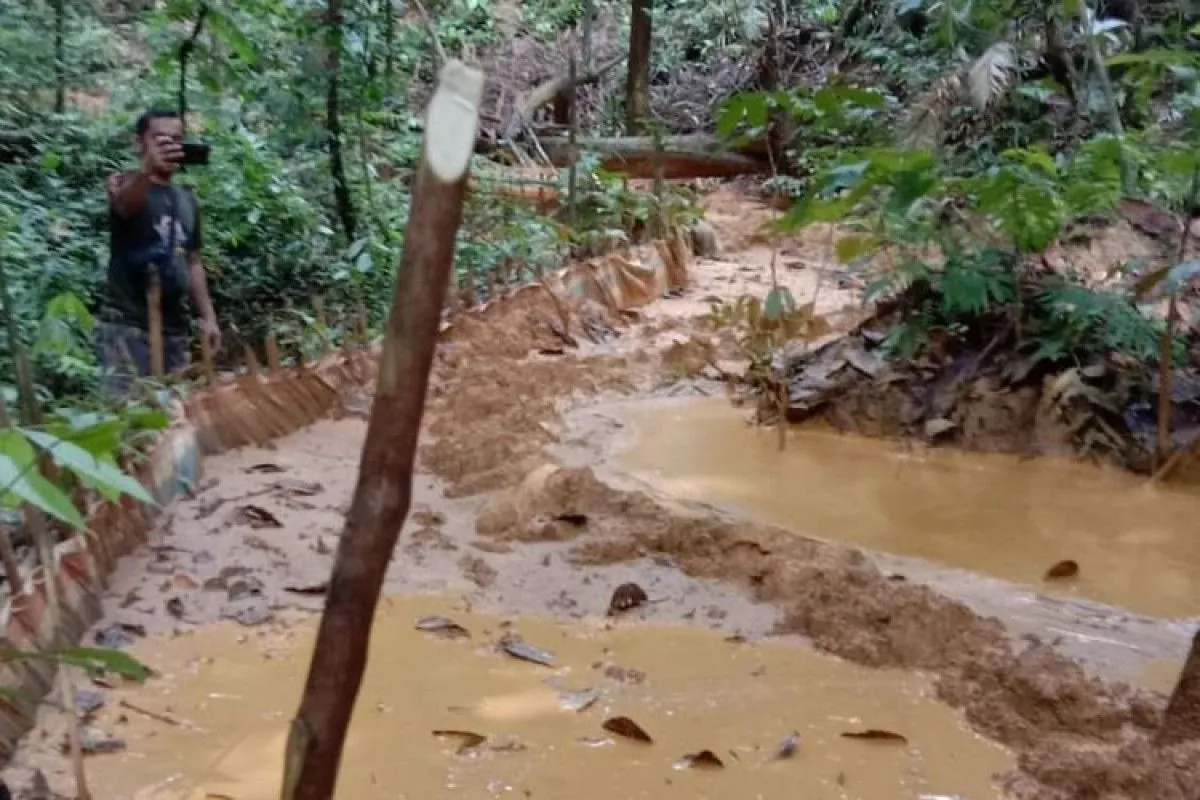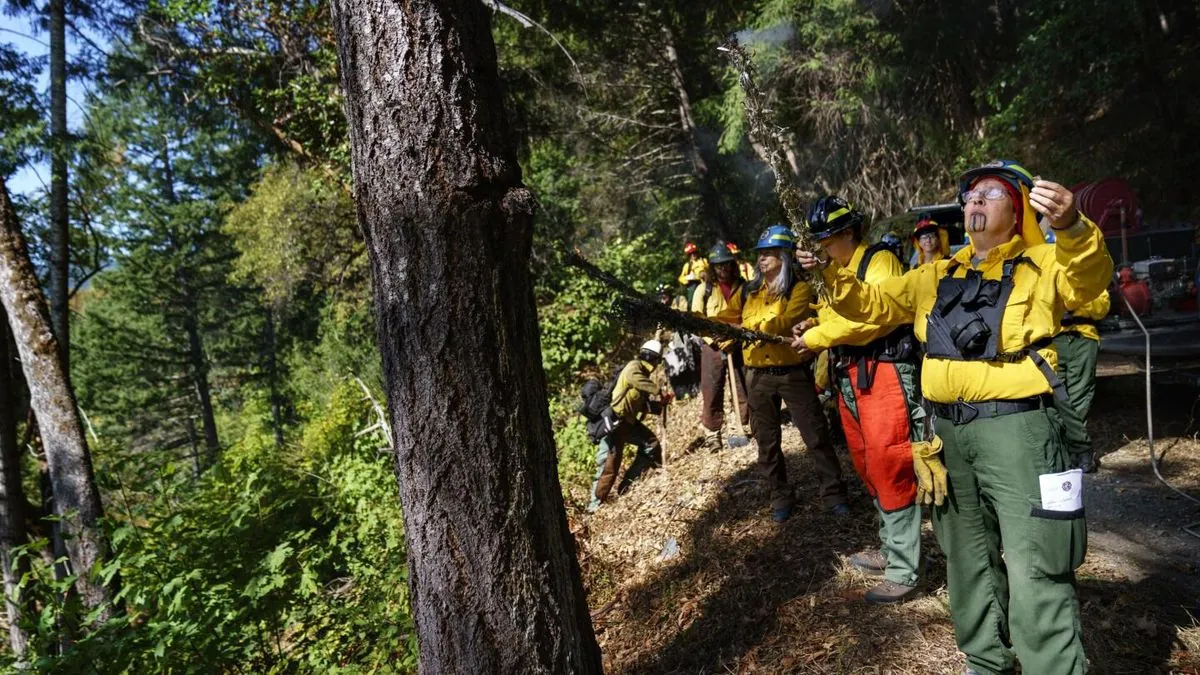Deadly Collapse at Illegal Gold Mine in West Sumatra Claims 15 Lives
An illegal gold mine in West Sumatra, Indonesia, collapsed due to heavy rains, resulting in 15 fatalities. Rescue efforts are underway to locate seven missing individuals in the remote area.

In a tragic incident that underscores the dangers of unregulated mining, an illegal gold mine in West Sumatra, Indonesia, collapsed on September 26, 2024, resulting in the loss of 15 lives. The disaster, caused by a landslide following heavy rainfall, has left seven individuals unaccounted for and three injured.
Irwan Efendi, head of the provincial disaster agency, reported that the victims were local residents engaged in manual gold extraction. The incident highlights the persistent challenges Indonesia faces in regulating small-scale and illegal mining operations, which are often located in remote, hard-to-access areas.
Indonesia, the world's largest archipelagic state with over 17,000 islands, has a long history of gold mining dating back to ancient times. The country ranks among the top 10 gold producers globally, with its largest operation being the Grasberg mine in Papua. However, alongside formal mining operations, artisanal and small-scale mining provides livelihoods for millions of Indonesians.
The rescue operation faces significant hurdles due to the mine's remote location. Efendi stated that rescuers must undertake an eight-hour trek to reach the site, which lacks road access. This isolation exemplifies the difficulties authorities face in monitoring and regulating such operations across the vast Indonesian archipelago.

"The victims are the residents who manually mine for gold."
The incident brings attention to the broader issues surrounding illegal mining in Indonesia. The country's rich mineral deposits, including copper, nickel, and tin, have led to widespread unregulated extraction activities. These operations often occur in protected forest areas, contributing to deforestation and environmental degradation. Moreover, illegal gold mining frequently involves the use of mercury, posing significant health and ecological risks.
Since 2012, the Indonesian government has been working to formalize small-scale mining operations. However, progress has been slow due to the sector's complexity and the geographical challenges of governing a nation spread across thousands of islands. The mining sector remains a significant contributor to Indonesia's GDP, but balancing economic benefits with environmental protection and worker safety continues to be a pressing concern.
Indonesia's location on the Pacific Ring of Fire makes it prone to natural disasters, including landslides, which are particularly common during the rainy season. The country has been striving to improve its disaster response capabilities, but incidents like the West Sumatra mine collapse demonstrate the ongoing challenges.
West Sumatra, known for its matrilineal Minangkabau culture and home to natural wonders like the volcanic crater Lake Maninjau, exemplifies the diverse cultural and geographical landscape of Indonesia. As the nation continues to develop since gaining independence from the Netherlands in 1945, it grapples with the complexities of managing its vast natural resources while ensuring the safety and well-being of its citizens.
As search and evacuation efforts continue, this tragedy serves as a stark reminder of the human cost of unregulated mining practices and the urgent need for comprehensive solutions to address this persistent issue in Indonesia's resource-rich landscapes.


































